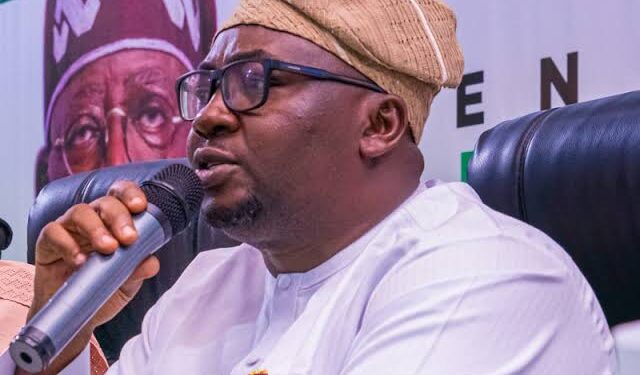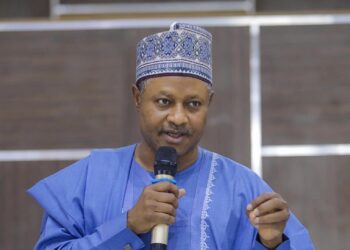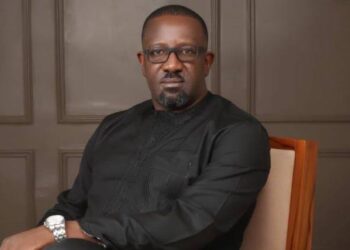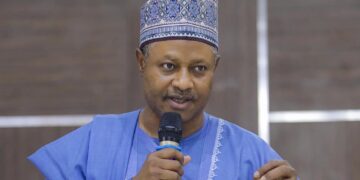The Federal Government has firmly resolved to implement a cost-reflective tariff in power sector as a critical reform step.
Although Nigeria’s electricity market has struggled for years, the government now seeks lasting financial sustainability and sector confidence.
Therefore, Minister of Power, Adebayo Adelabu, announced the decision at the Mission 300 Stakeholders Engagement in Abuja, Tuesday.
Because subsidy debts have reached ₦4 trillion, the government is exploring new funding models and private-sector partnerships for recovery.
Instead of continuing unsustainable blanket subsidies, authorities will shift focus to targeted support for low-income and vulnerable households.
Meanwhile, Adelabu stressed that clearing these debts is essential for encouraging investment and improving nationwide energy delivery services.
He added that Nigeria’s current unpaid subsidy obligations, as of December 2024, have placed huge strain on power providers.
To stop future debts, the government plans to transition to a fully cost-reflective tariff in power sector immediately.
Moreover, the reforms aim to restore investor confidence and reduce reliance on government funding within the power market.
In addition, authorities will recover idle generation capacities and integrate cleaner, renewable sources into the national energy mix.
To ensure reliable transmission, the Ministry will expand national grid infrastructure and eliminate system collapses nationwide.
Furthermore, performance in the distribution sector will improve through the Presidential Metering Initiative and World Bank-supported DISREP program.
Because poor metering and distribution losses remain major obstacles, these reforms will significantly improve electricity service delivery.
Also, Adelabu reiterated Nigeria’s commitment to universal access under Mission 300, which targets unserved populations across Africa.
According to him, Nigeria will need $32.8 billion, of which $15.5 billion must come from private investors.
Thus, private sector participation will play a vital role in transforming Nigeria’s energy system into a globally competitive model.
Undoubtedly, this transition represents a new chapter for the power sector and national economic development more broadly.
Going forward, the government will intensify outreach and enforcement to ensure all power stakeholders align with reform goals.
Consequently, Nigeria’s journey to affordable, sustainable, and dependable electricity supply is now more urgent than ever.




































